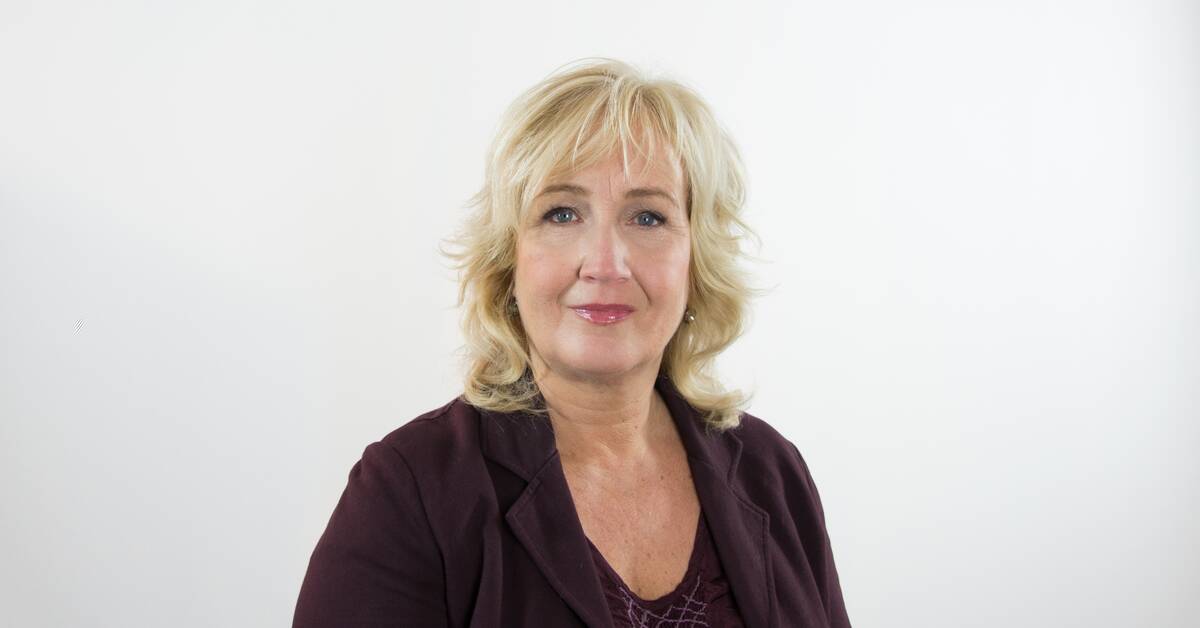Getting a fossil-free industry and energy supply is the German government's main political priority.
30,000 wind turbines are already spinning in what the Germans call the "asparagus landscape".
Russia's invasion of Ukraine has intensified.
Now there is talk of both the need for energy freedom and ecological patriotism to achieve the goals.
Concepts not previously heard in the debate.
North Sea - "the new power battery"
By 2030, 80 percent of Germany's energy will be renewable.
Today, the figure is 45 percent.
The German government is looking for new ways to gain acceptance for even more wind turbines.
Germany is now investing in laying a majority of the new wind farms out at sea, mainly in the North Sea where it blows more than the Baltic Sea.
The North Sea is described as "the new power battery".
In Germany, the parks are located up to 70 kilometers from the coast so that they do not interfere visually.
A wind farm with 140 of the newest power plants together corresponds to the electricity production from a larger nuclear power plant.
But also two percent of Germany's land area will be developed with wind power.
Last year, only a few wind turbines were built on land because the applications get stuck in protracted permit processes where different states have different rules.
The controversial law "10H", which means that no one will have to live closer than a thousand meters from a wind turbine, the government wants to tear up.
Neighbors should get a jingle at the checkout
In addition, the government is opening up for those who may become neighbors with a wind turbine to be rewarded financially.
One model is to offer co-ownership via cooperatives.
Thus, the whispering sound when the rotor blades cut discs of electricity from the air should be associated with clinking euros.
"It's a win-win situation," said Jennifer Jasberg, group leader of the German Green Party Die Grünen in Hamburg.
With this, one hopes to transform NIMBY ("not in my backyard") problem into PIMBY (please in my backyard).
But the criticism has not been long in coming, it is a way to buy and silence critics, say the opponents of wind power.
Buying people's consent to the societal changes that have been decided through democratically made decisions can pave the way for new complicated conflicts.
It could lead to those living near railways, a mine or power lines also requiring financial compensation.
The green-green conflict
In Germany this is called the green-green conflict.
Historically, it is usually new industries that are opposed to protecting nature.
Now it is the climate arguments, to save the planet from heating, that are set against the conservation of untouched nature and species.
But the new German government's answer is that the climate crisis in the long run will cause far greater problems than that horizons are broken by wind turbines or that birds die in contact with the wind turbines' rotor blades.
And the government is prepared to go to great lengths to resolve the conflicts over the permit applications that are stuck in year-long permit processes.
A new law is underway, on "societal benefit", a law that will be superior to nature conservation laws on the protection of animals and nature.
Unexpected help - by Putin
Vice-Chancellor Robert Habeck is now embarking on a trip to all German states to preach ecological patriotism.
He has received unexpected help along the way from Russian President Vladimir Putin.
Russia's invasion of Ukraine has prompted Germany to reconsider its imports of natural gas and oil from Russia.
Germany is Russia's largest customer in terms of natural gas.
But in the German energy mix, only 15 percent consists of Russian natural gas, the government representatives SVT meets in Germany say that they are now investigating how to replace the Russian gas.
Nordstream 2 is on ice.
The next sanction step against Russia is to cut imports also from Nordstream 1. Then the call for ecological patriotism will suddenly take on a new meaning and give wind power an unexpected boost in public opinion.
Javascript is disabled
Javascript must be turned on to play video
Read more about browser support
The browser is not supported
SVT does not support playback in your browser.
We therefore recommend that you switch to a different browser.
Read more about browser support
Those who become neighbors of the wind turbines in Germany should also be able to become partners in economic cooperatives.

